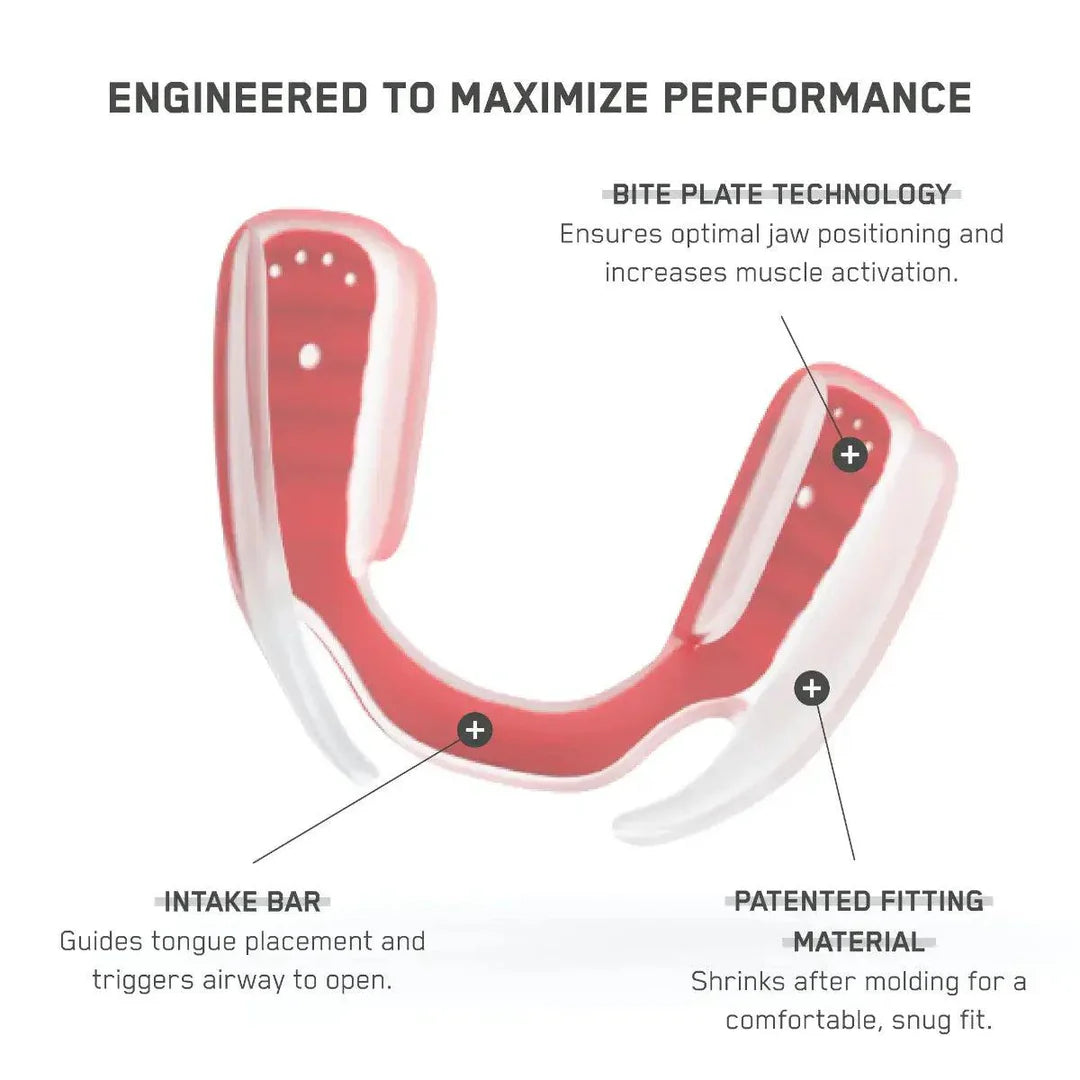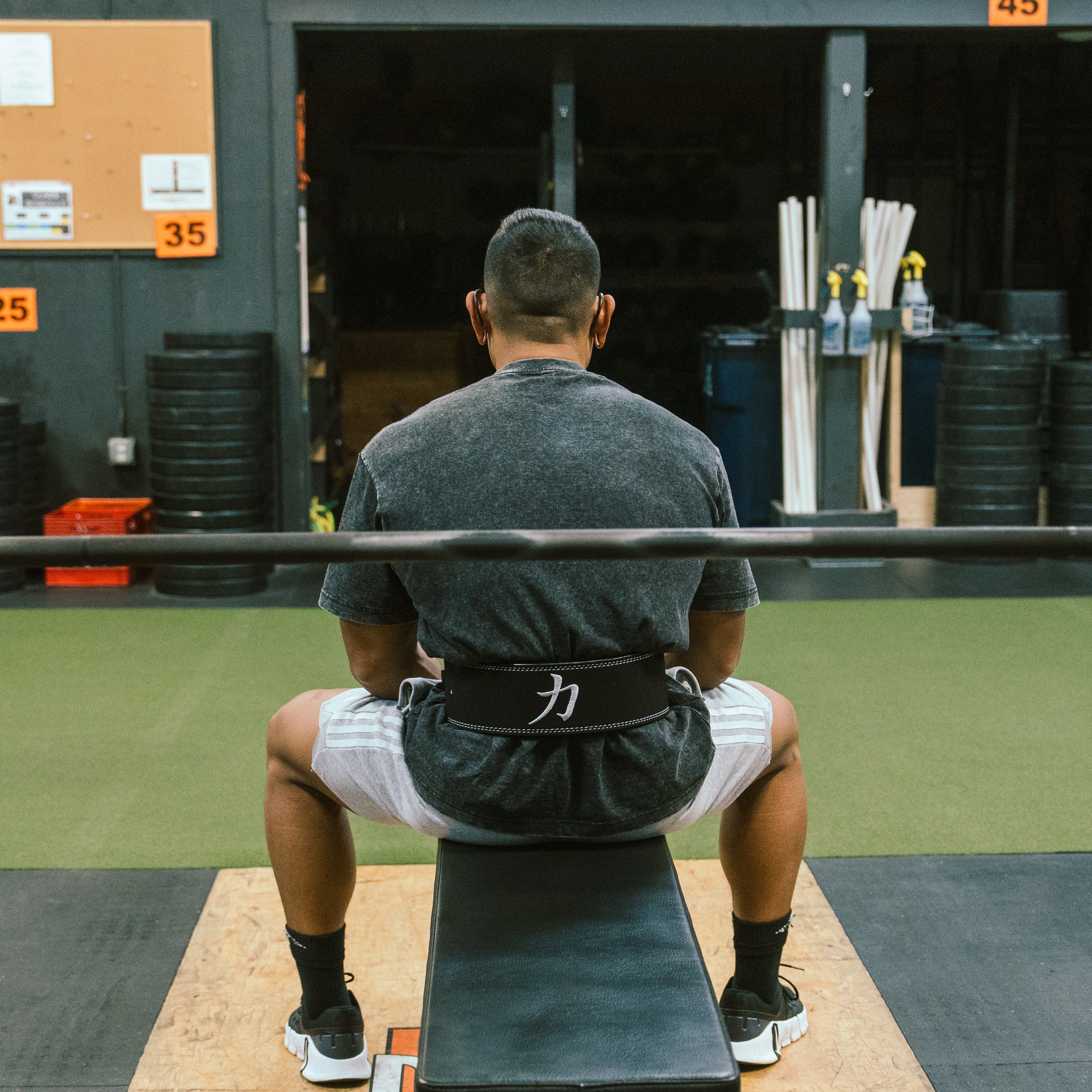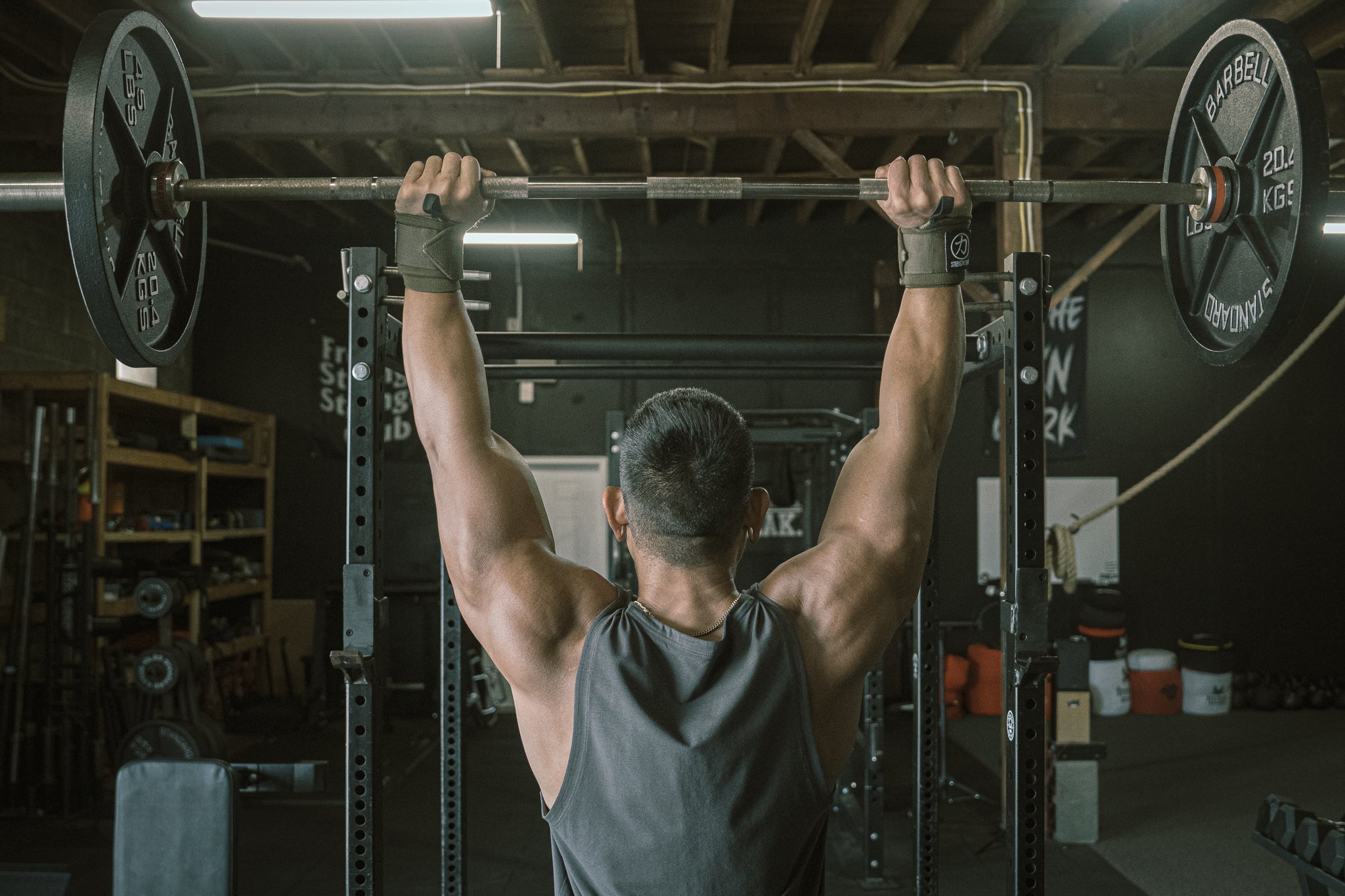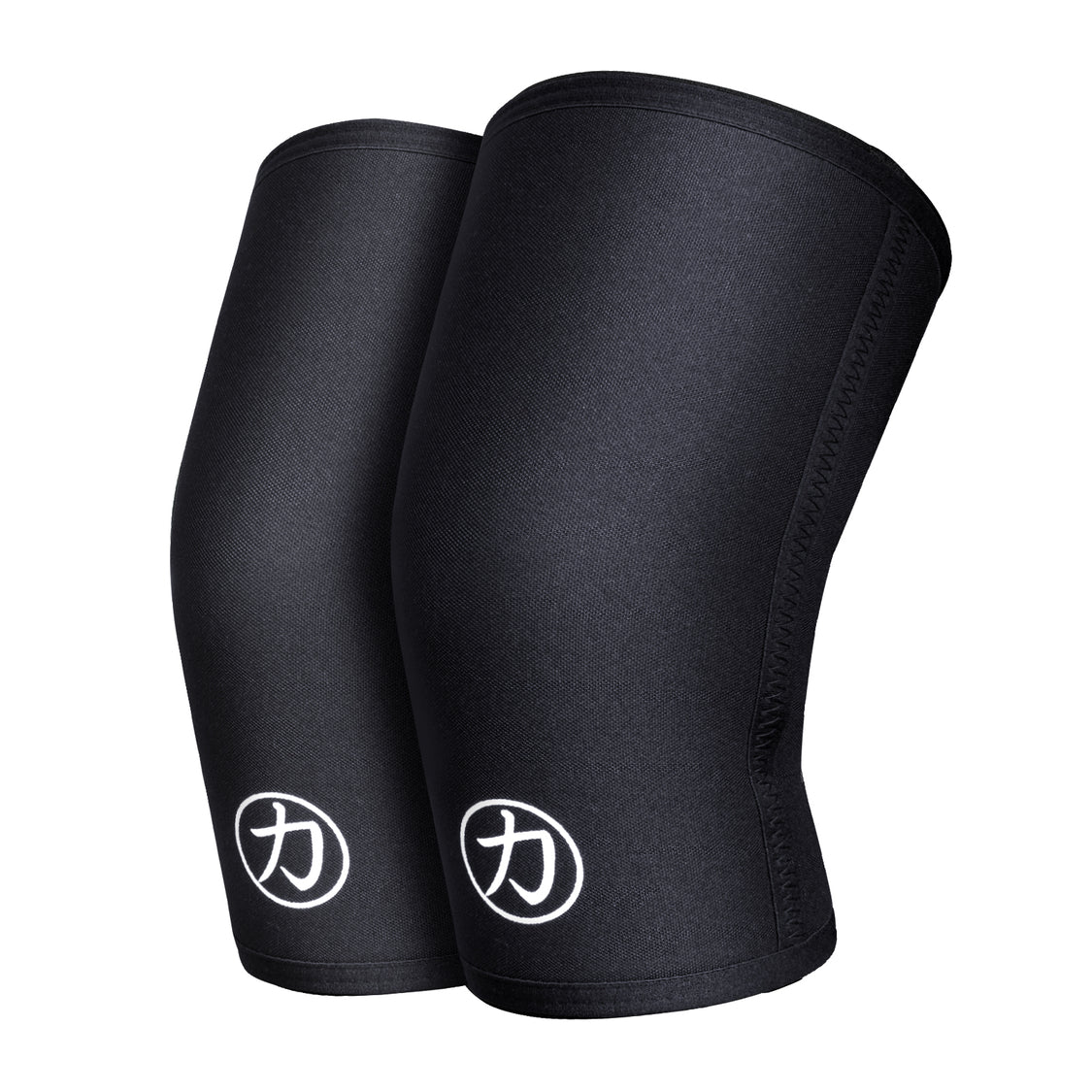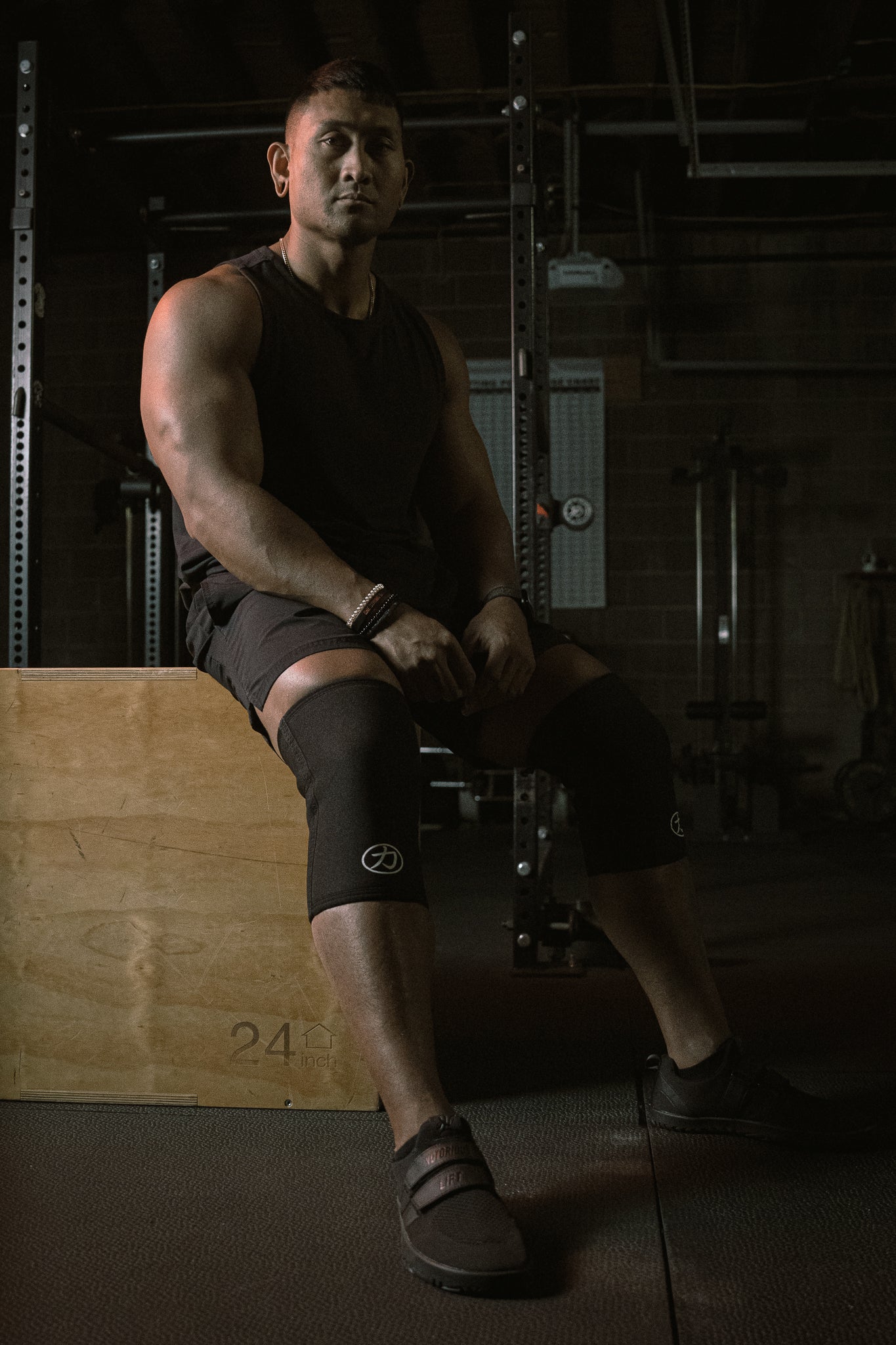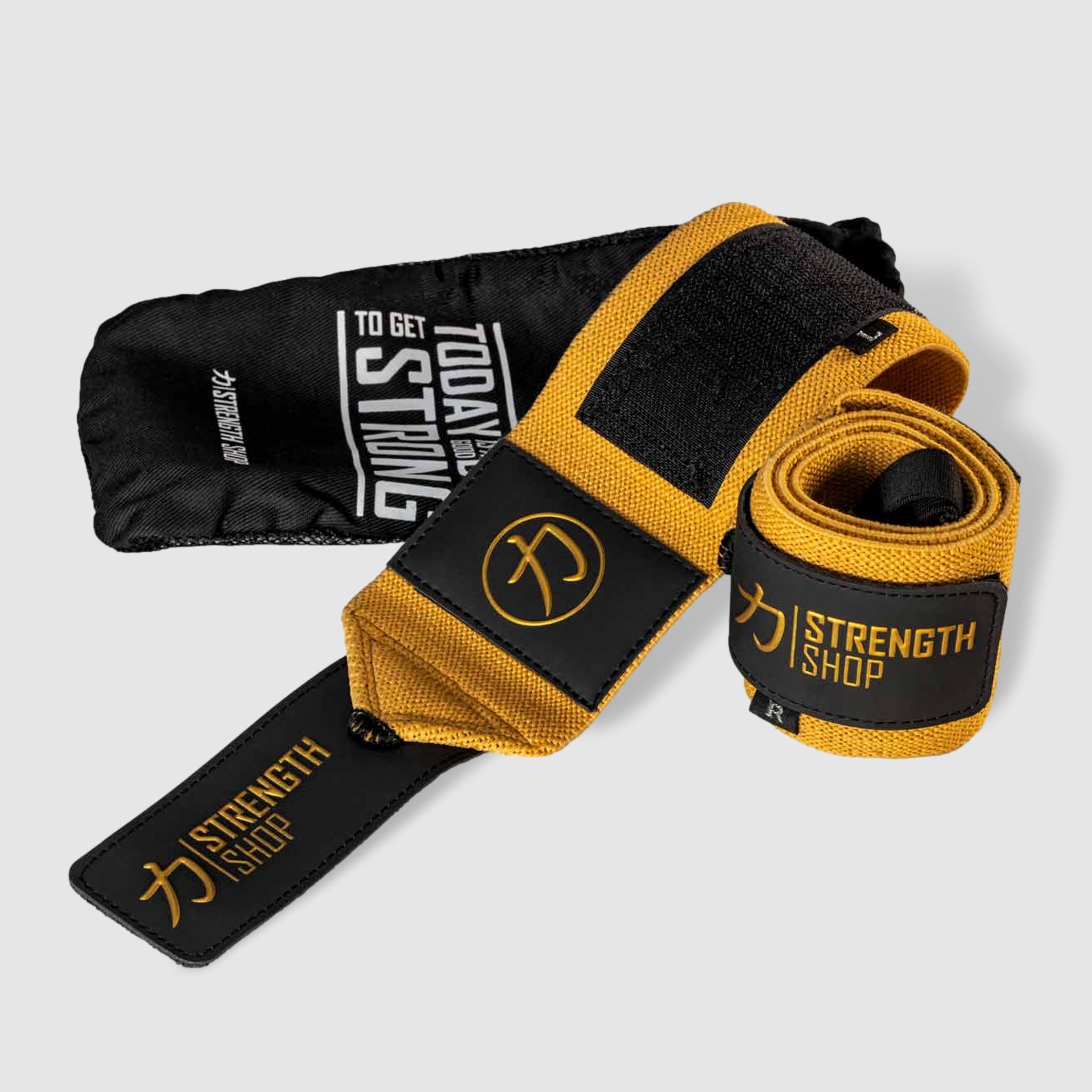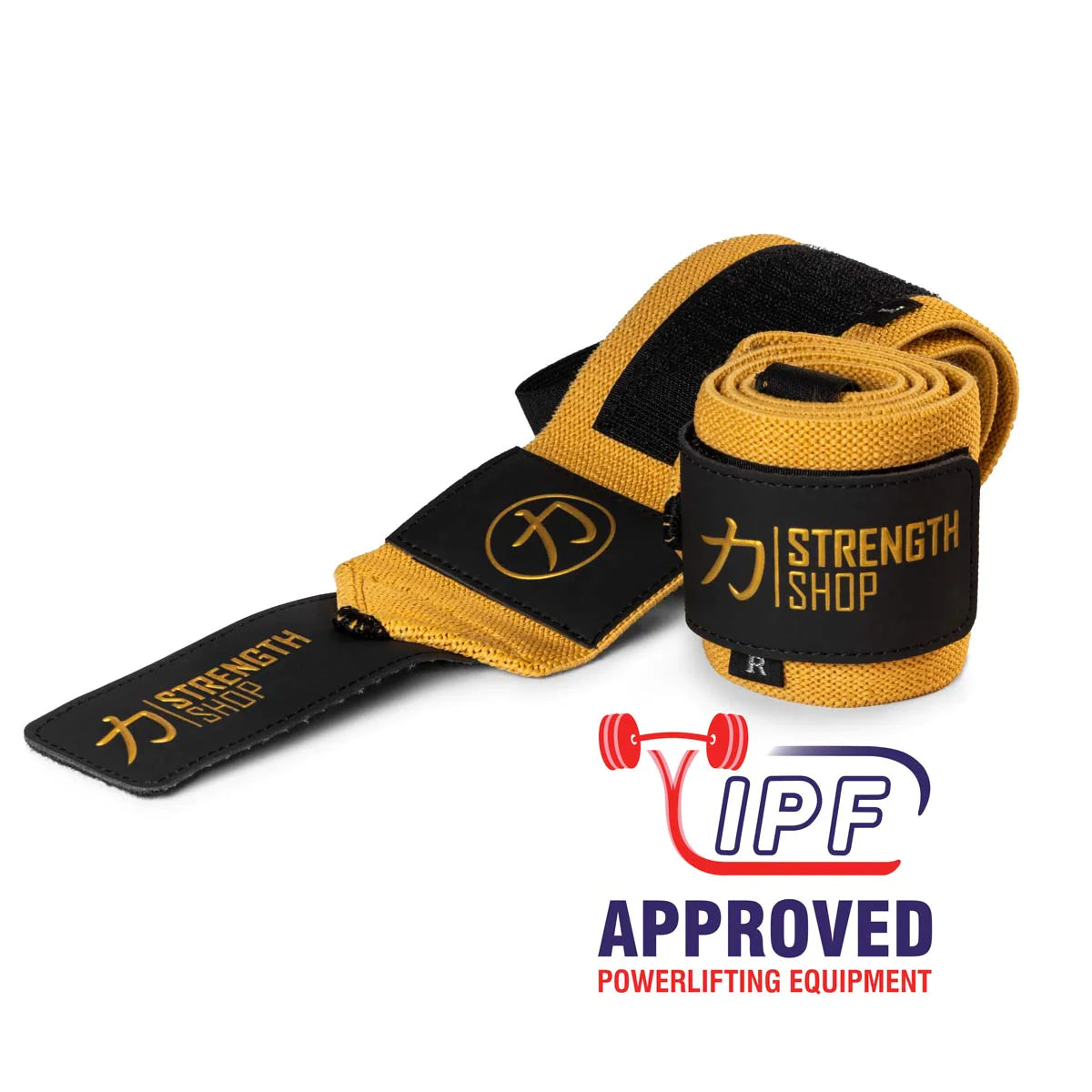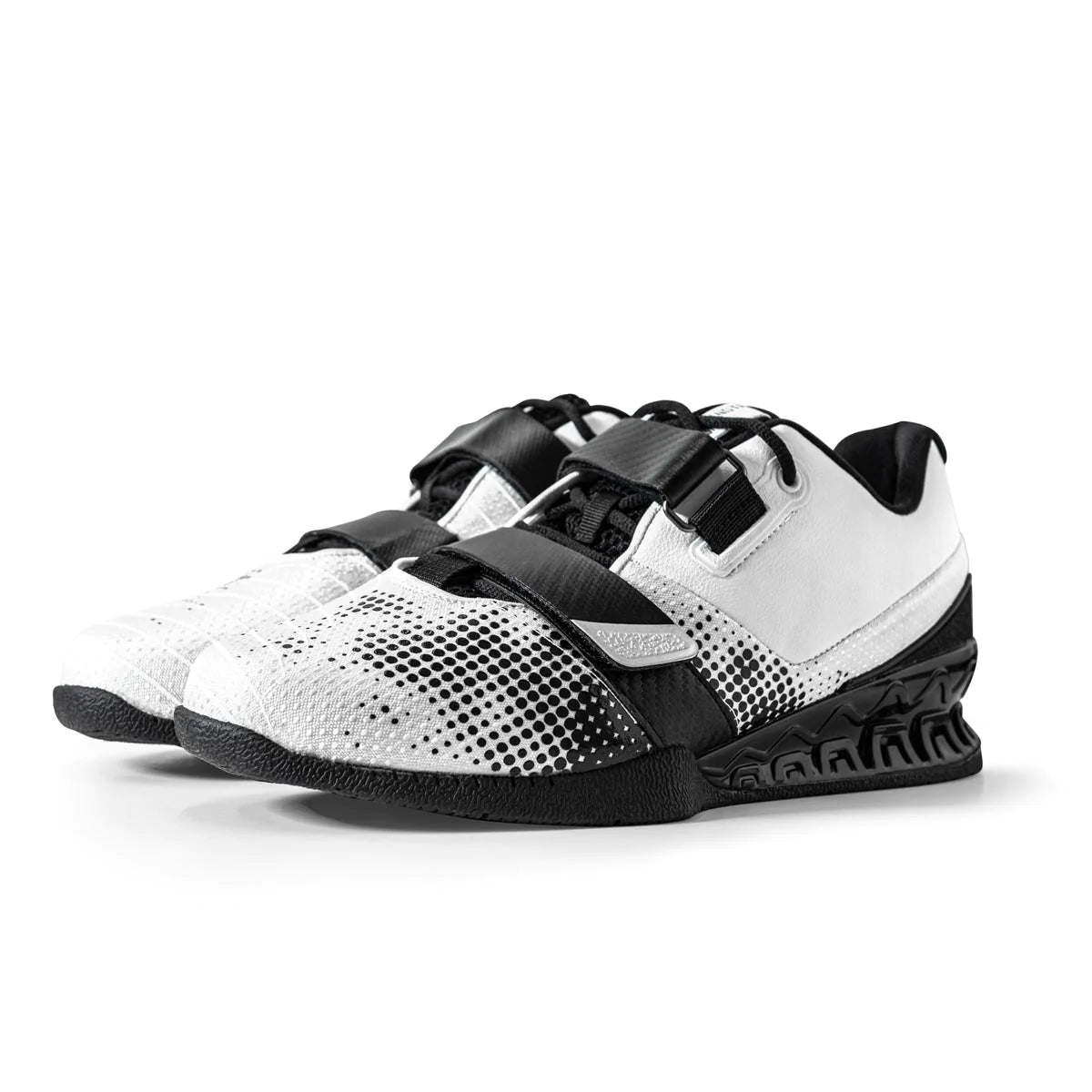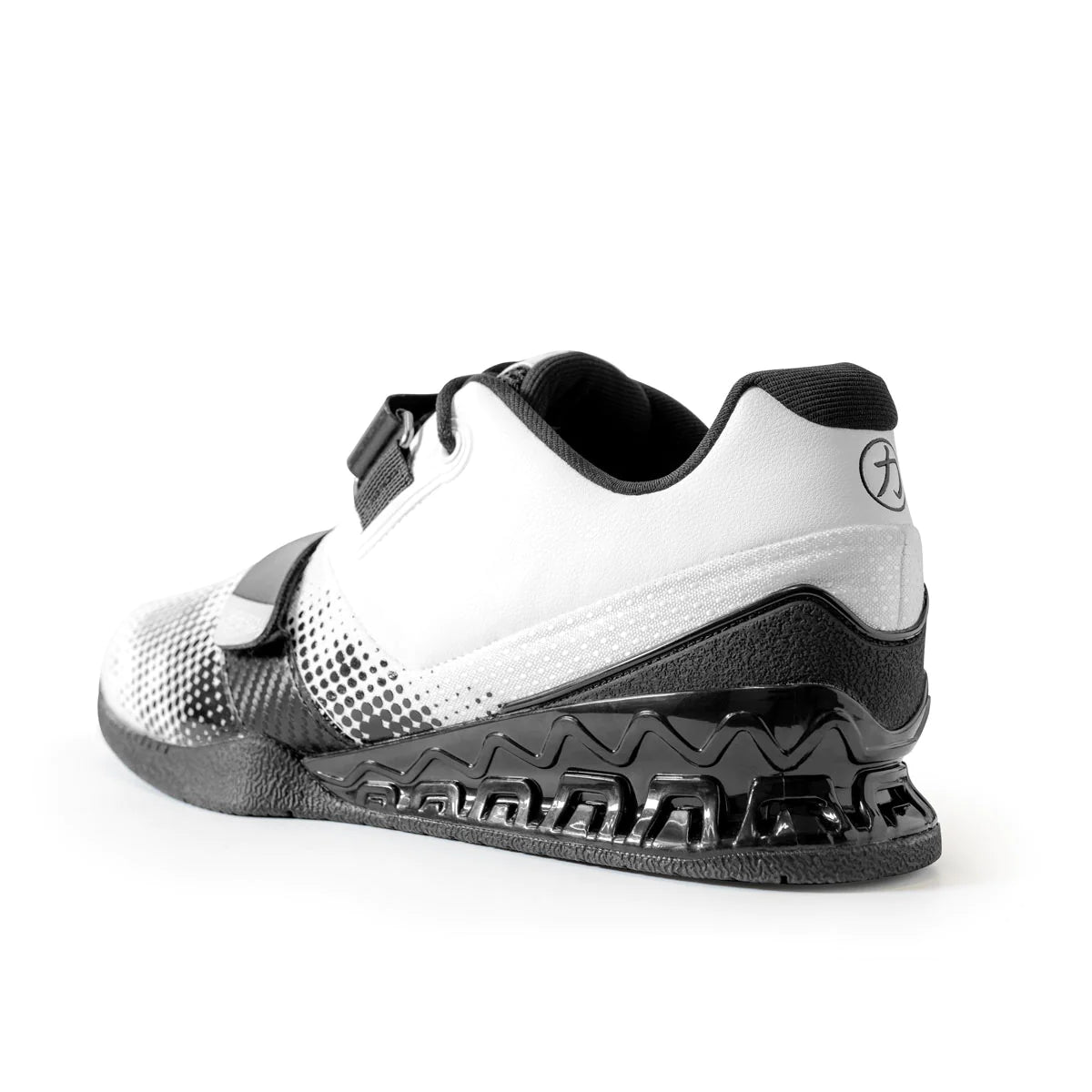In the world of powerlifting and strongman competition, every advantage counts. One often underestimated tool that can give you a boost is a mouthpiece, also called a mouthguard. Products like the AIRWAAV mouthpiece have proven to be a game changer for strength athletes. Let’s explore why powerlifters use mouthguards and the benefits of using mouthpieces in strength training.
Why Do Powerlifters Use a Mouthguard?
Powerlifters use a mouthguard during weightlifting to protect their teeth from clenching under heavy loads and to prevent injuries like cracked teeth or jaw strain. Just like your weightlifting belt stabilizes your core, your weightlifting shoes improve balance, and your wrist wraps support your grip, a mouthguard reduces jaw stress and helps you breathe and clench properly. Wearing a mouthguard can enhance your focus, maintain stability, and lift more confidently while keeping your jaw and teeth safe.
This protection improves your performance during lifts and supports long-term health and safety — factors that can positively impact your strongman life expectancy by reducing preventable injuries.
Trusted by Top-Tier Lifters
Top athletes like Mitchell Hooper, the World’s Strongest Man winner, rely on mouthguards to improve their performance and protect against injuries during intense training and competitions.
Their trust in the product highlights its ability to provide tangible benefits, such as improved stability, reduced jaw stress, and better overall focus. When elite athletes endorse a tool, it underscores its effectiveness and value for anyone serious about their strength training.
The Benefits of Using a Mouthguard for Weightlifting
You might think mouthguards are only for contact sports like wrestling, football, boxing, or martial arts, but dental experts disagree.
The American Dental Association (ADA) recommends using mouthguards for 29 sports, including contact sports, weightlifting, handball, basketball, acrobatics, and more. Let’s look at five benefits a mouthguard offers.
- Boosted Respiratory Performance
Breathing optimally is very important when you are lifting weights intensely. A mouthpiece is designed to align your jaw to open the air passage to maximize oxygen intake. This improved airflow aids in managing exertion and enduring longer workout sessions with less exhaustion. Improved breathing efficiency also leads to more training volume and lifting heavier loads, significantly improving your performance.
- Increased Strength and Power Output
Research has indicated that incorporating a mouthpiece can enhance strength and power. Using a mouthpiece reduces strain in your jaw and neck muscles, enabling you to direct more energy toward the muscles being trained during a weightlifting session. This concentrated effort can lead to better lifting technique and the capacity to reach your strength goals a little sooner.
Pairing a mouthpiece with accommodating resistance techniques, like incorporating chains or resistance bands, increases your power development and muscle activation during your training sessions.
- Reduced Anxiety and Cortisol Levels
Intense training can increase cortisol levels, hindering muscle development and recovery. Mouthguards encourage a jaw posture that reduces the transmission of stress signals. For example, the AIRWAAV mouthpiece allows you to channel more energy into your primary muscles during lifts by reducing tension in your jaw and neck muscles. This focus can result in improved lifting mechanics and the ability to handle heavier weights, giving you a competitive edge.
- Enhanced Balance and Body Alignment
A mouthpiece can help improve lifting stability and posture by aligning your bite. This promotes better spinal alignment, reduces your chances of injury, and allows you to lift more effectively. With better balance, you can focus on maintaining proper form during each lift.
- Prevention of Dental Trauma
Grinding and clenching your teeth during lifts can lead to dental damage. A mouthpiece acts as a protective barrier, safeguarding your teeth from cracks, chips, and other injuries. This protection allows you to focus entirely on your lifts without the distraction of potential dental issues.

Tips for Choosing the Right Mouthguard for Your Powerlifts
Selecting the right mouthguard is crucial for your safety and performance during weightlifting. A good mouthguard protects your teeth and jaw while allowing you to lift comfortably. Here are some key tips:
- Ensure it’s a proper fit: Select a mouthguard that fits snugly over your teeth without being too bulky, offering comfort and stability during lifts.
- Opt for weightlifting-specific designs: Choose a mouthguard designed for weightlifting, like an AIRWAAV mouthguard, to provide the ideal balance of protection and performance.
- Consider custom-fit options: A custom-fit mouthguard offers maximum comfort and effectiveness, but boil-and-bite options can be a budget-friendly alternative.
- Check for durability: High-quality materials like medical-grade silicone, EVA (ethylene-vinyl acetate), polycarbonate, or thermoplastic, which can withstand repeated use, offer excellent impact protection.
- Ensure compatibility with braces: If you wear braces or dental devices, choose a mouthguard to accommodate them.
- Focus on breathability: Pick a mouthguard that allows you to breathe and speak comfortably while lifting heavy loads.
Potential Risks of Not Using a Mouthguard
Skipping a mouthguard while lifting can expose you to serious risks that may impact your health and performance. According to the American Dental Association guidelines, athletes who do not wear mouthguards are at a higher risk of dental injuries. Here’s what you could face:
- Dental damage: Lifting heavy weights without a mouthguard can lead to cracked, chipped, flattened, or worn-down teeth, requiring expensive dental repairs.
- Jaw strain: Clenching during lifts can cause jaw misalignment without a mouthguard, leading to long-term pain and discomfort.
- Muscle tension and headaches: Unprotected clenching puts extra stress on your neck and head, increasing the risk of tension and headaches.
- Reduced performance: Discomfort and jaw-related issues from not wearing a mouthguard can hinder focus and lifting ability.
- Higher long-term costs: Avoidable damage to your teeth and jaw can result in significant dental repairs and treatment expenses.
Frequently Asked Questions
Do mouthguards help with powerlifting?
Yes, mouthguards protect your teeth, reduce jaw stress, and improve stability during powerlifting, promoting better performance and safety.
Do mouthpieces make you stronger?
Mouthpieces don’t directly make you stronger but help optimize jaw alignment and focus, enhancing lifting efficiency and reducing injury risks.
Do mouthguards improve performance?
Yes, mouthguards can improve performance by supporting proper breathing, reducing jaw strain, and increasing stability during heavy lifts.
What is a mouthpiece good for?
A mouthpiece protects teeth, reduces jaw tension, improves focus, and enhances stability during weightlifting and powerlifting.

